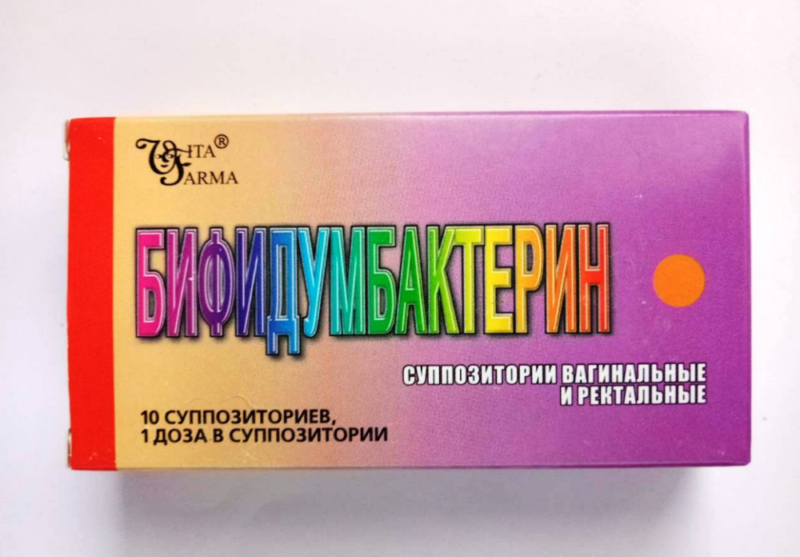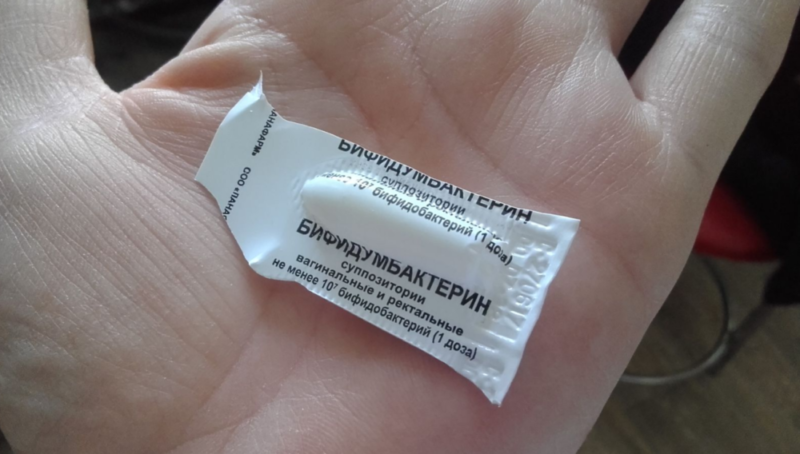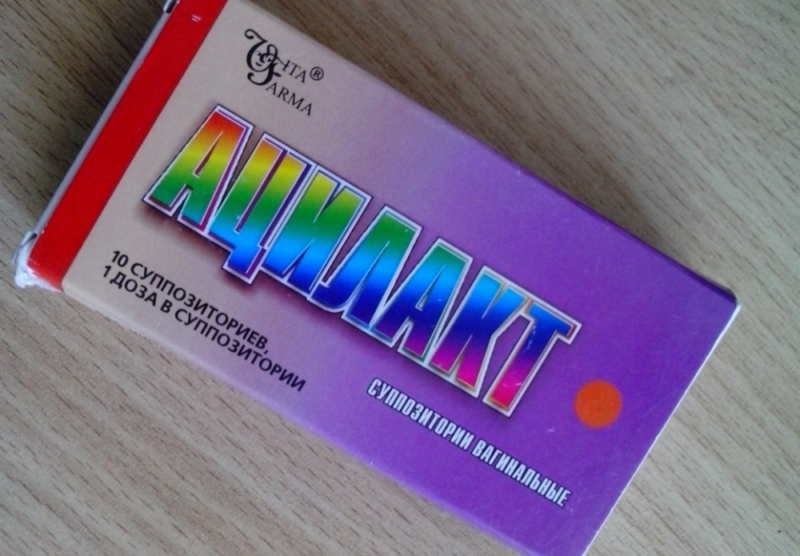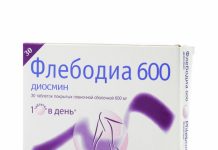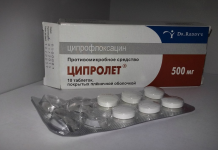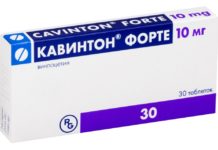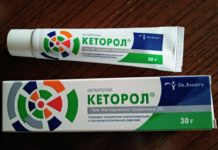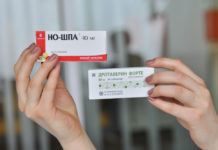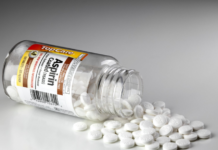Bifidumbacterin suppositories are used to treat various infectious diseases and restore the microflora of the vagina, intestines. Living bifidobacteria inhibit the development of pathogens in the human body, performing a protective function.
Material Content:
Suppository composition
The therapeutic effect of suppositories is exerted by bacteria of the genus Bifidobacterium bifidum containing them, their concentration is at least 107 CFU in 1 suppository. Excipients consist of sucrose and gelatin - components of the habitat of bacteria, as well as fillers in the form of paraffin and vitepsol.
In what cases are Bifidumbacterin suppositories prescribed
Suppositories with live Bifidobacterium bifidum are used to treat and prevent diseases associated with a change in the species composition of microflora intestines and inflammatory processes occurring against this background:
- colitis
- intestinal dysbiosis.
Suppositories Bifidumbacterin in gynecology is used for inflammation of the female genital organs and in the case of a specific violation of the microflora of the vaginal mucosa:
- nonspecific vaginitis caused by microorganisms on the background of weakened immunity;
- vaginal dysbiosis - changes in the composition of the microflora of the mucous membrane of the female genital organs under the influence of conditionally pathogenic microorganisms;
- restoration and prevention of microflora of the mucosa after a course of basic treatment for candidiasis, inflammation, hormone-dependent vaginitis;
- preparation for gynecological operations and during prenatal activities to prevent infections and dysbiosis;
- in complex therapy for sexually transmitted, viral, infectious diseases of the genital organs.
Rectal suppositories Bifidumbacterin are used for the treatment and prevention of diseases associated with a violation of the species composition of the intestinal microflora and the inflammatory processes that occur against this background in adults and children over the age of 3 years:
- chronic colitis
- intestinal dysbiosis.
In the treatment of hemorrhoids, the drug is prescribed rectally for the rapid healing of the mucosa of the rectum and sigmoid colon.
Vaginal suppositories have a rounded shape, compared with elongated rectal suppositories.
Instructions for use for vaginal and rectal administration
Instructions for use Bifidumbacterin contains general recommendations on the dosage and frequency of procedures.
When diseases associated with changes in bowel function occur, the suppository is administered rectally, lying on its side and pressing the outer knee to the stomach. At the same time, as directed by a doctor, drugs containing bifidobacteria are taken orally.
The frequency of rectal procedures is:
- in acute infections, 1-2 suppositories 3 times / day. - 10 days, with chronic or severe forms of the disease - up to 1 month, a longer intake is possible;
- in the treatment of intestinal disorders associated with the rapid development of the life of E. coli E. coli and restoration of microflora, 1 candle 2 times / day. - 10 days.
In gynecological practice, suppositories are administered (as deep as possible) while lying on your back and bending your legs at the knees.
Frequency of procedures:
- with dysbiosis, nonspecific vaginitis, before and after gynecological operations, during prenatal activity, after treatment with antibacterial drugs, 1 candle 2 times / day. - 10 days;
- with genital infections, 1 piece 3 times / day. for 2 weeks.
During pregnancy and lactation
Bifidobacteria are a protective microflora of the human body. They can not have a negative effect on the development of the fetus during pregnancy or the baby during breastfeeding.
Contraindications, side effects and overdose
Bifidobacteria bifidum is a living culture that performs the following functions in the human body: immunomodulating, normalizing the microflora, inhibiting the vital activity of pathogenic bacteria.
These properties ensure the absence of: contraindications, side effects, negative manifestations of an overdose of the drug.
The only negative factor is individual intolerance. An allergic reaction is not caused by bifidobacteria, but by the auxiliary components of the suppository.
Analogs
Bifidumbacterin belongs to the first generation of probiotics, which includes 1 strain of bacteria.
The following drugs can be attributed to analogues:
- Acylact - contains strains of acidophilic milk bacteria culture. The drug is 3 generations. With rectal administration, it has less pronounced antimicrobial properties;
- Bifolact - contains lactic acid bacteria - acidophilic lactobacilli and bifidobacteria. The drug is 3 generations;
- Probifor - the composition includes bifidobacteria adsorbed on crushed coal with a high concentration of 5 * 108 CFU. Belongs to probiotics 4 generations.
Treatment, replacement of drugs with analogues must be carried out according to the prescription and recommendations of the attending physician.


